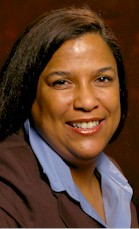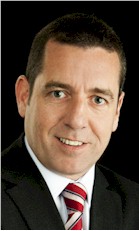
- Human Resources, Recruitment & Training
- Recruiting and Retention: Nine Tips For the Hotel Profession
As the economy improves, managers in most sectors, including hospitality, find themselves again challenged with finding, and keeping, the best people to run their businesses, and serve their guests. The last few years have given rise to the mistaken notion that we don't really need to worry too much about how we treat our employees. Things like staff training, merit increases, and employee recognition have slipped from the priority list. Recognizing the need to recommit to the people practices that we know improve business results, this article lists nine practical ways to stabilize and enhance the team, starting with ideas for retaining the good employees you've already got on staff, and then tips for finding, attracting, and hiring the best to build your team. READ MORE



 What technology do your guests look for when they arrive in their hotel room? What are their needs? What would they like? And what could they do without? What guests do in hotel rooms has changed a lot over the years. Leisure guests expect to be entertained and business guests expect to be able to conduct business. Hoteliers making long-term technology decisions are studying not only how different generations interact with technology today, but also are trying to anticipate what they will expect in the guest room of tomorrow. But, as you consider significant future technology investments, it will be wise to consider the patterns of technology use in each generation. Guest loyalty, and ultimately profit, will follow from smart technology investments that cater to guest needs and preferences, not simply from purchasing and installing the latest technological innovation. This issue will explore the current trends and demands of today's business and leisure travelers.
What technology do your guests look for when they arrive in their hotel room? What are their needs? What would they like? And what could they do without? What guests do in hotel rooms has changed a lot over the years. Leisure guests expect to be entertained and business guests expect to be able to conduct business. Hoteliers making long-term technology decisions are studying not only how different generations interact with technology today, but also are trying to anticipate what they will expect in the guest room of tomorrow. But, as you consider significant future technology investments, it will be wise to consider the patterns of technology use in each generation. Guest loyalty, and ultimately profit, will follow from smart technology investments that cater to guest needs and preferences, not simply from purchasing and installing the latest technological innovation. This issue will explore the current trends and demands of today's business and leisure travelers.






















